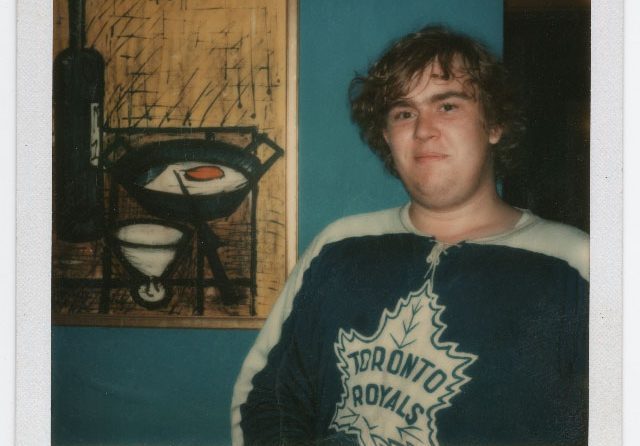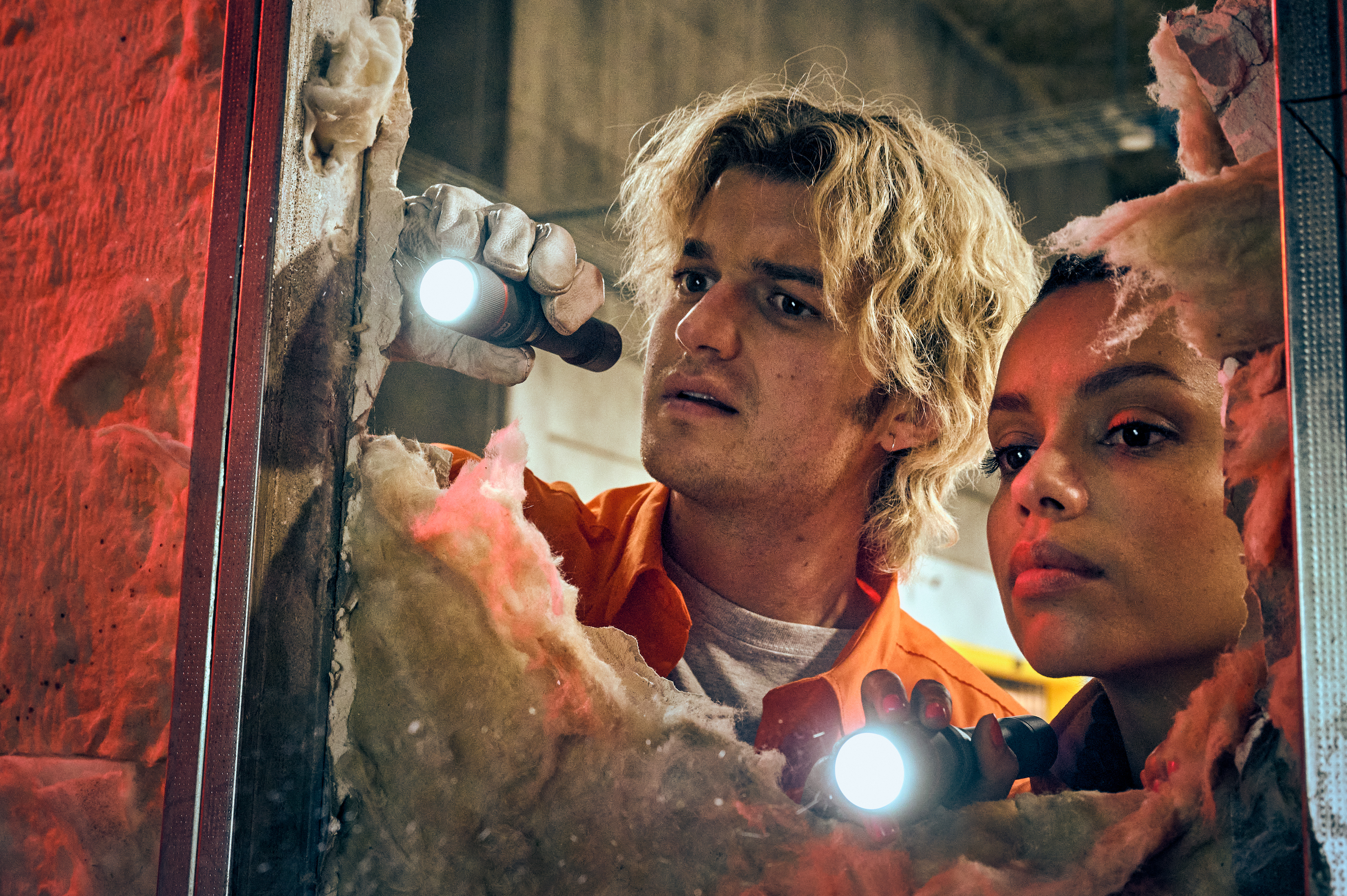Switzerland’s Locarno Film Festival is one of the world’s longest-running film festivals, known for its adventurous programming, exciting retrospectives, and nightly open-air screenings in the Piazza Grande, which is capable of seating 8,000 spectators. The latter is by no means the only screening spot (the GranRex, host to most of the retrospective screenings, is an especially nice cinema), but it’s the location most associated with the festival.
Hosting world premieres and special screenings of highlights from Cannes, Sundance, and other early-year festivals, this year’s Piazza Grande selection includes the launch of Mediterranean drama “The Birthday Party,” starring Willem Dafoe and Vic Carmen Sonne; Emma Thompson-led thriller “The Dead of Winter;” Joachim Trier’s Cannes prize-winner “Sentimental Value;” a 35mm screening of Stanley Kubrick’s “The Shining;” Jafar Panahi’s Palme d’or winner “It Was Just an Accident;” and the European premiere of Bill Condon’s “Kiss of the Spider Woman.” Jackie Chan, Lucy Liu, Alexander Payne, Golshifteh Farahani, four-time Oscar-winning costume designer Milena Canonero (“Barry Lyndon,” “The Grand Budapest Hotel”), and the aforementioned Emma Thompson are among the names receiving career awards at the Piazza during the festival.
The Piazza Grande often showcases more mainstream fare (horror film “Together,” starring Alison Brie and Dave Franco, plays outdoors this year), but Locarno has always prided itself on providing a less hostile platform for emerging filmmakers and established auteurs whose work may not conform to the commercial demands or awards season hoopla of the international marketplace. Following last year’s Locarno premieres “Sleep #2” and “Eight Postcards from Utopia,” as well as 2023 prizewinner “Do Not Expect Too Much from the End of the World,” Romanian director Radu Jude returns with the nearly three-hour “Dracula,” which apparently seeks to deconstruct the myth of the vampire through dozens of stories, some of which reportedly involve the use of generative AI.
Another world premiere courting controversy is Abdellatif Kechiche’s “Mektoub, My Love: Canto Due,” which is finally seeing the light of day after its direct predecessor, “Mektoub, My Love: Intermezzo,” never saw a release. Less controversial is “Legend of the Happy Worker,” a comedic Western parable directed by Duwayne Dunham (“Homeward Bound: The Incredible Journey”, “Halloweentown”), which is the last film to feature an executive producer credit for the late David Lynch — Dunham notably edited Lynch’s “Blue Velvet”, “Wild at Heart” and a lot of “Twin Peaks.”
On the retrospective front, Locarno will be exploring postwar British cinema from 1945 to 1960. The strand, curated by Ehsan Khoshbakht in partnership with the British Film Institute, features Ealing comedies, noir and more, many of which are screening from 35mm prints, with some of the more famous titles (“Peeping Tom,” “I Know Where I’m Going!,” “Night and the City”) playing from 4K restorations.
Here are 5 must-see movies from across the program of the 78th Locarno Film Festival, which runs from Wednesday, August 6 through Saturday, August 18.
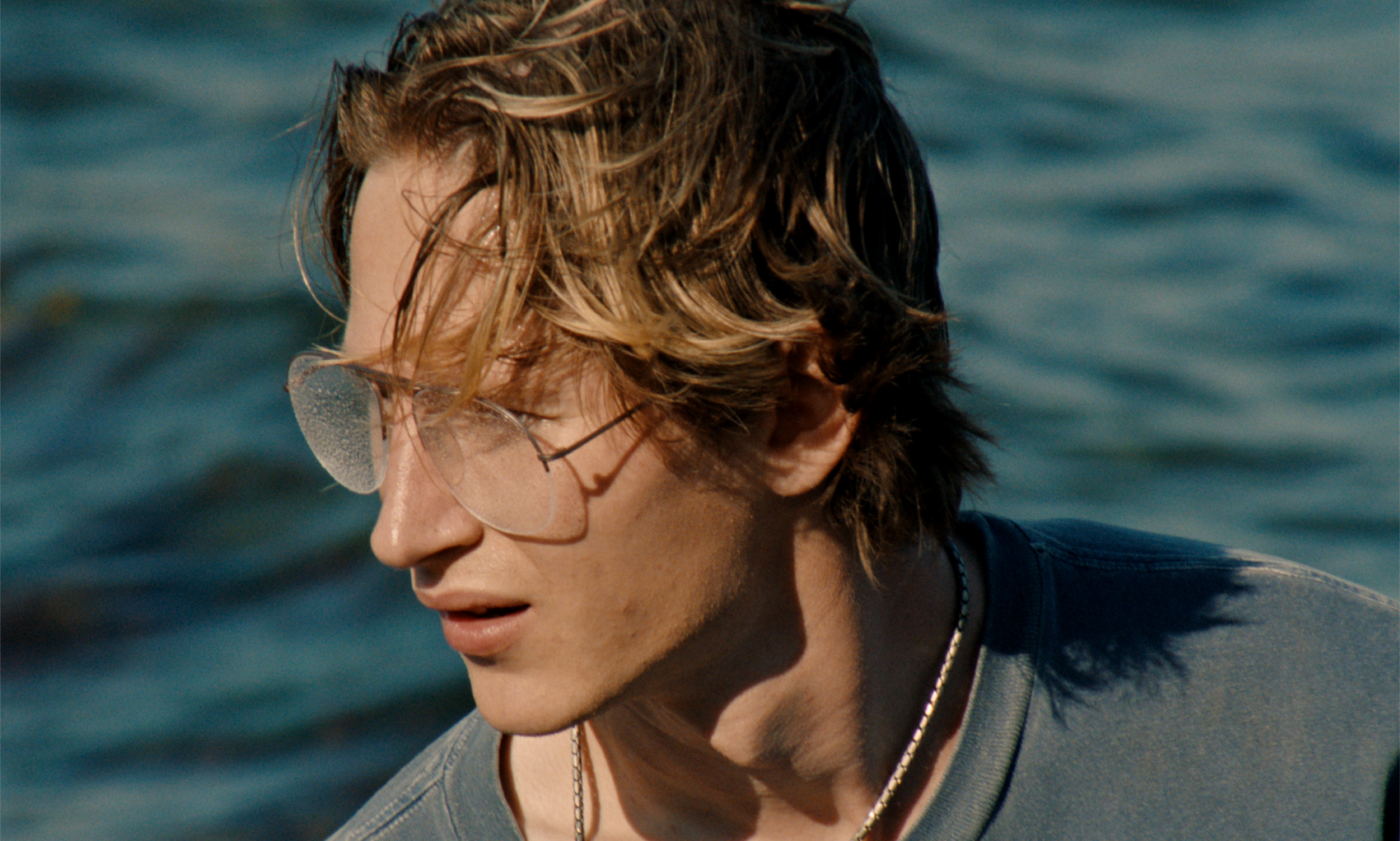
“Blue Heron” (dir. Sophy Romvari)
Locarno’s Concorso Cineasti del Presente section is a competition space for first or second feature films, providing a platform for adventurous and often uncompromising works from newer directors. It’s an ideal launchpad for “Blue Heron”, the long-awaited feature debut of writer/director Sophy Romvari. The Canadian-Hungarian filmmaker has been an international festival favorite for the past decade with her critically acclaimed shorts, including “Still Processing” and “Norman Norman.”
Set in Vancouver Island in the late 1990s, “Blue Heron” explores the imperfections of depicting memory in movies. As observed through their youngest daughter as the film’s protagonist, a family of six’s move to a new home seems to trigger erratic, dangerous behavior in their oldest son.
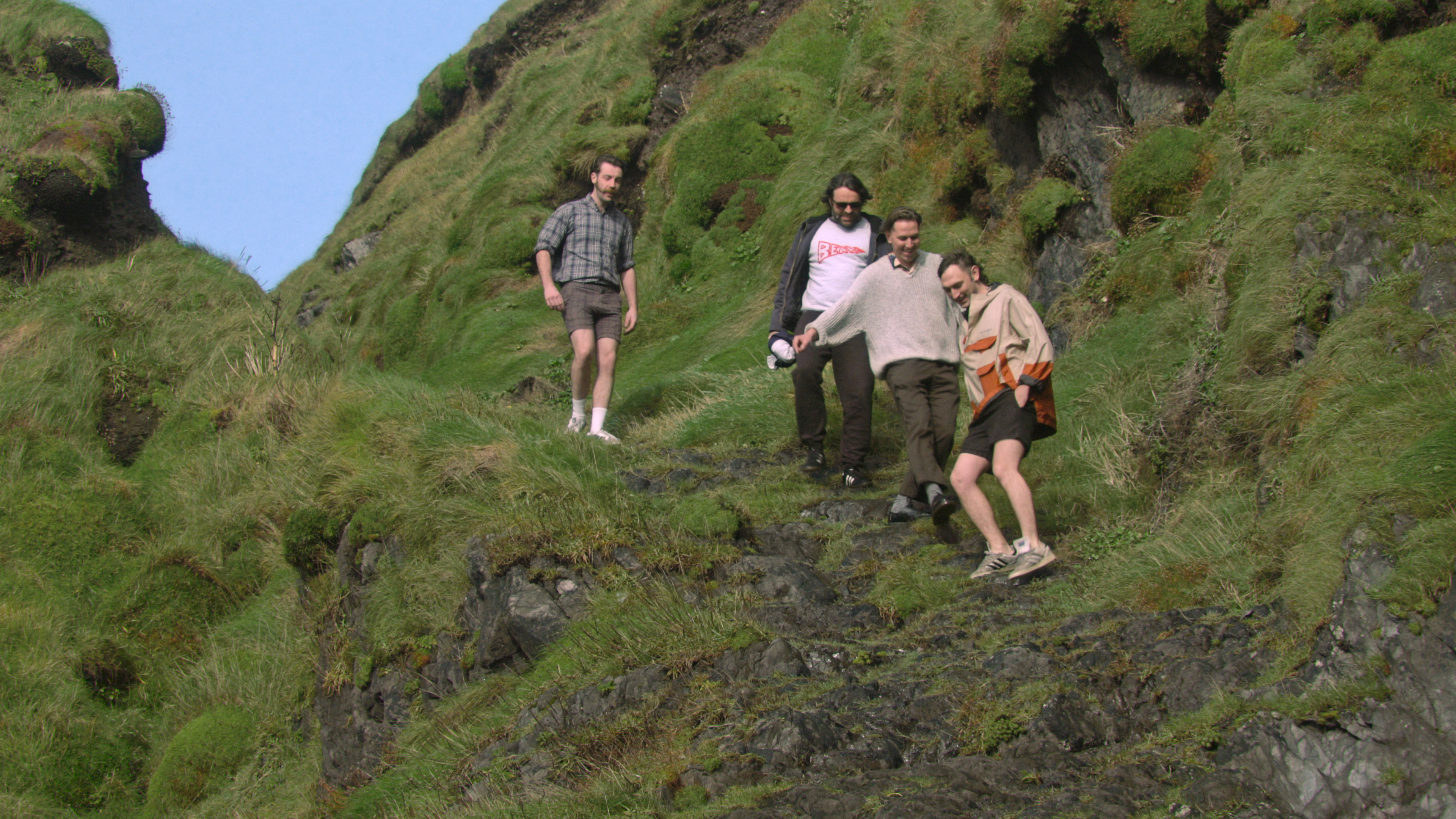
“Celtic Utopia” (dir. Dennis Harvey, Lars Lovén)
If last year’s “Kneecap” did a lot to get across the vibrancy and vitality of Irish-language music as both art and a necessary form of protest, Dennis Harvey and Lars Lovén’s documentary seems poised to expand the conversation further with a wider-reaching focus than that fictionalized biopic.
While touching on the history of Irish folk music and those keeping its more traditional forms alive, this compelling film is more about its modern renaissance, especially in how artists from genres like punk and hip-hop have been influenced by Irish folk’s wrestling with colonial wounds and partial independence.
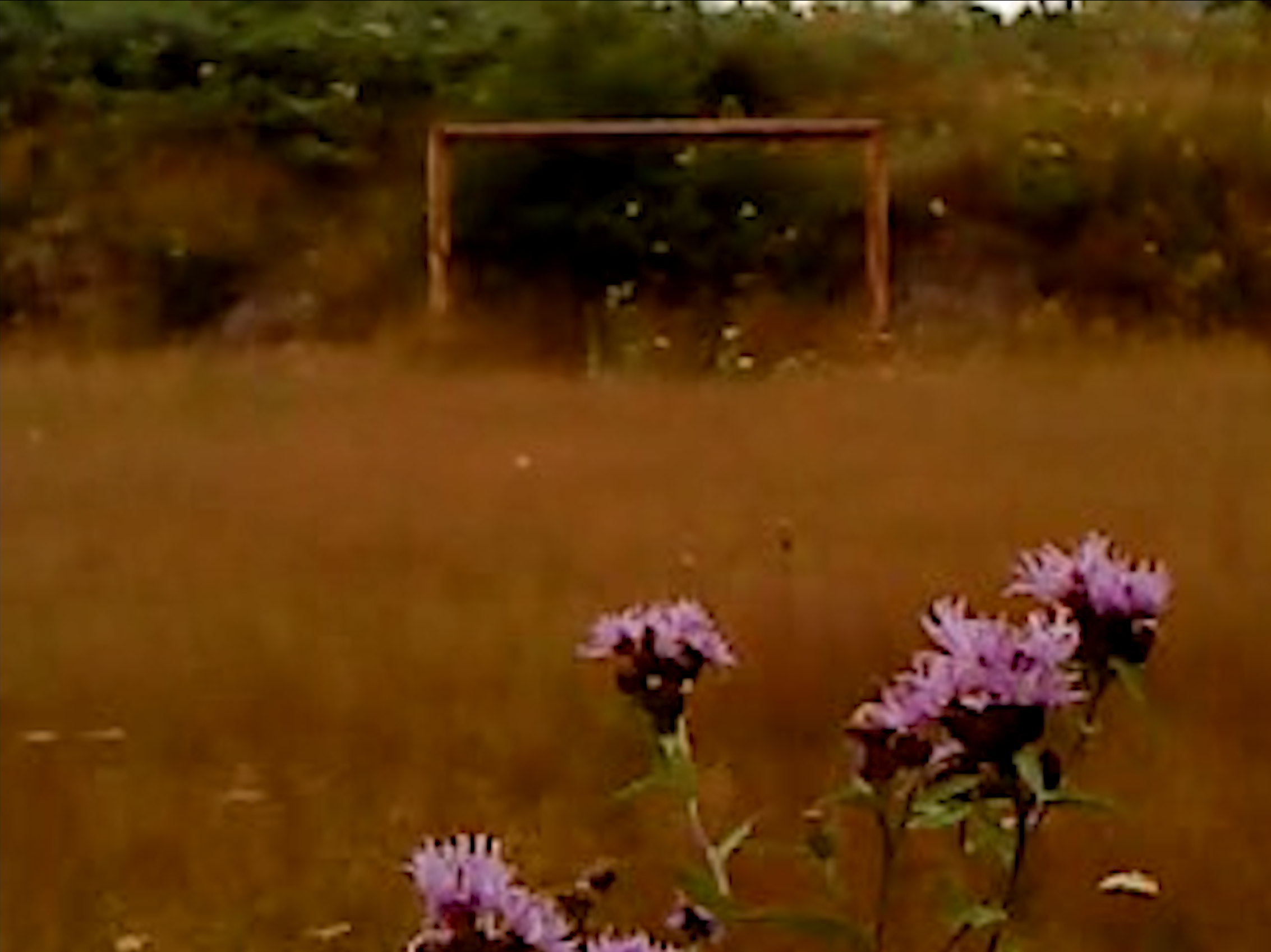
“Dry Leaf” (dir. Alexandre Koberidze)
In 2021, Georgian filmmaker Alexandre Koberidze brought us “What Do We See When We Look at the Sky?,” a formally playful, enchanting ode to love and chance encounters that found considerable magic in the mundane. One of the longest films in this year’s international competition at Locarno, Koberidze’s follow-up feature “Dry Leaf” promises something similarly unpredictable — few filmmakers can say that they got a three-hour movie shot on an old Sony Ericsson phone into a major festival.
When a photographer named Lisa goes missing, the last known detail of her whereabouts is that she’d been photographing rural football stadiums across Georgia. Her father sets out across the country to search for her, with Lisa’s best friend close behind to do the same. The catch: an apparently invisible person is also part of this search. Vanessa Kirby has some superpowered competition this year.
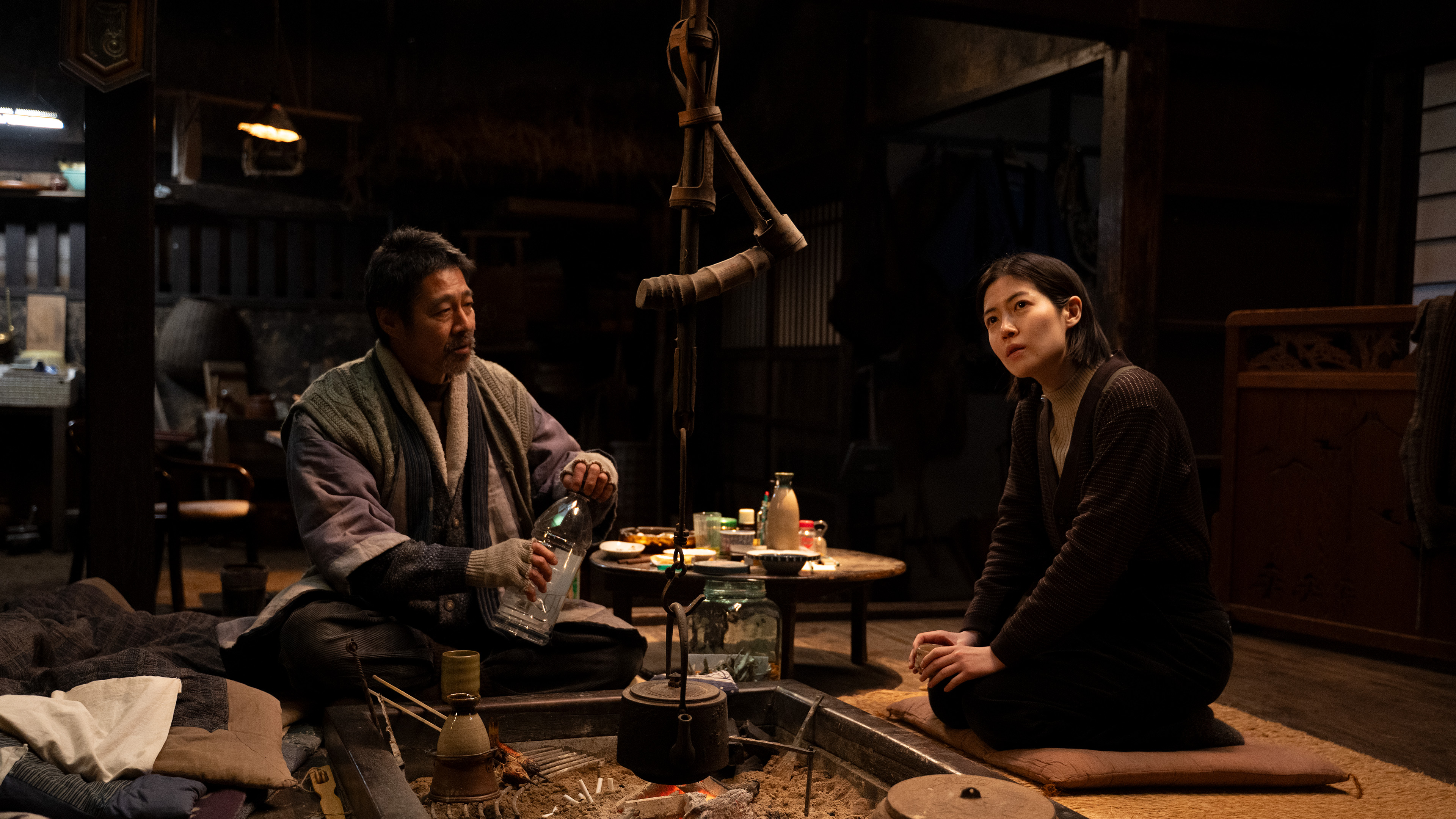
“Two Seasons, Two Strangers” (dir. Sho Miyake)
One of the leading Japanese directors of his generation, Sho Miyake has been an international festival favorite for a while. His 2022 drama “Small, Slow but Steady,” about a hearing-impaired boxer, led to a Best Actress win at Japan’s equivalent of the Oscars for star Yukino Kishii. His latest film, “Two Seasons, Two Strangers,” is an adaptation of the manga “Mr. Ben and his Igloo, A View of the Seaside” by Yoshiharu Tsuge.
Set in winter, the film follows a screenwriter, stuck in a creative slump, to a snow-covered village. There, she finds a desolate guesthouse run by an enigmatic man, whose conversations send her on a surprising adventure.
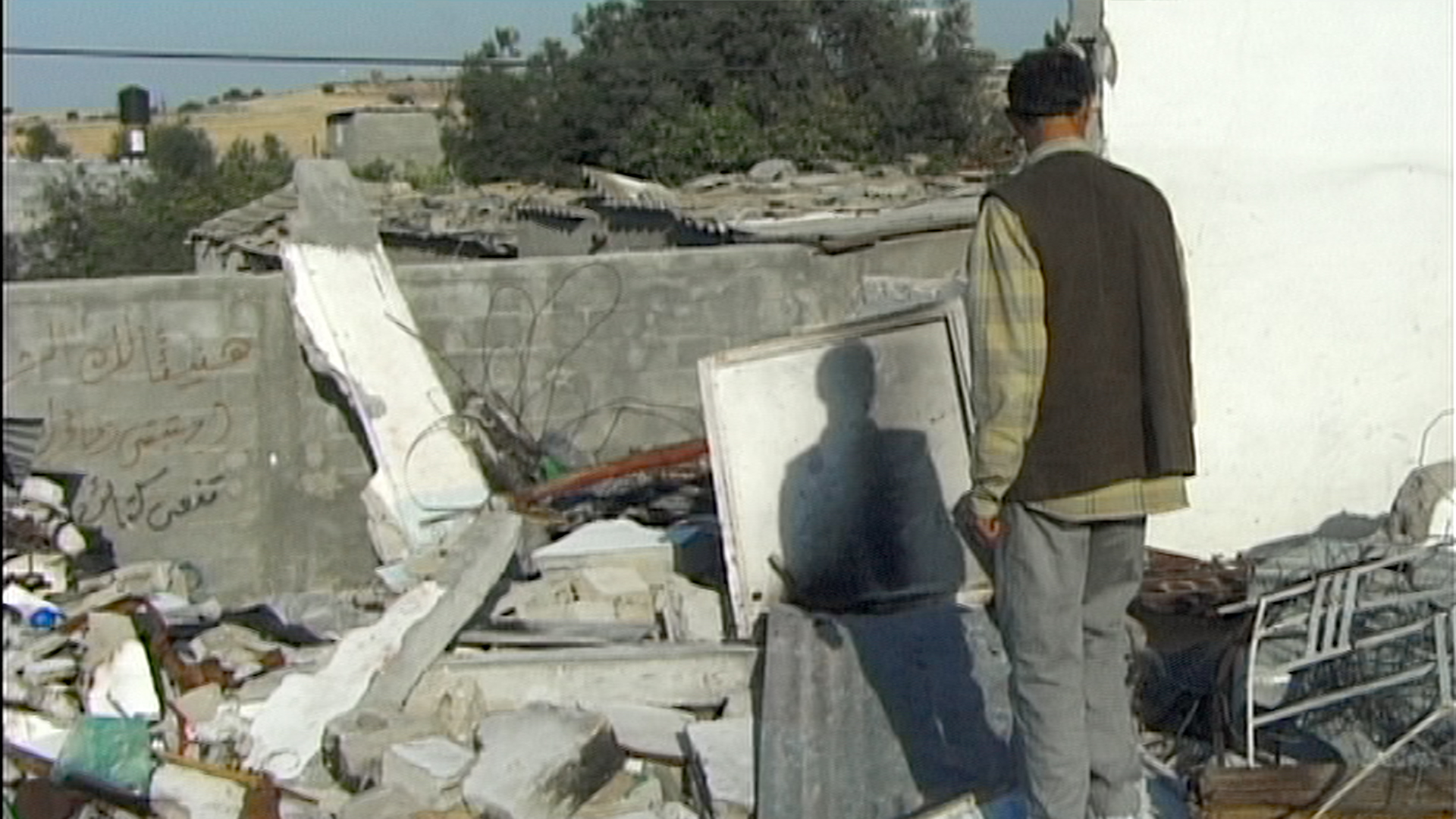
“With Hasan in Gaza” (Kamal Aljafari)
Last year’s “A Fidai Film” found Palestinian filmmaker and artist Kamal Aljafari repositioning archival fragments to lay bare the looting of Palestinian visual history — reclaiming and reimagining images and footage that had been seized from the Palestine Research Centre in Beirut in 1982.
A similar reclamation of archival footage (in this case, recently found MiniDV tapes of life in Gaza from 2001), Aljafari’s newest feature is intended as a testament to Gaza and its people, through a cinematic reflection on the passage of time and memories of lives lost.

